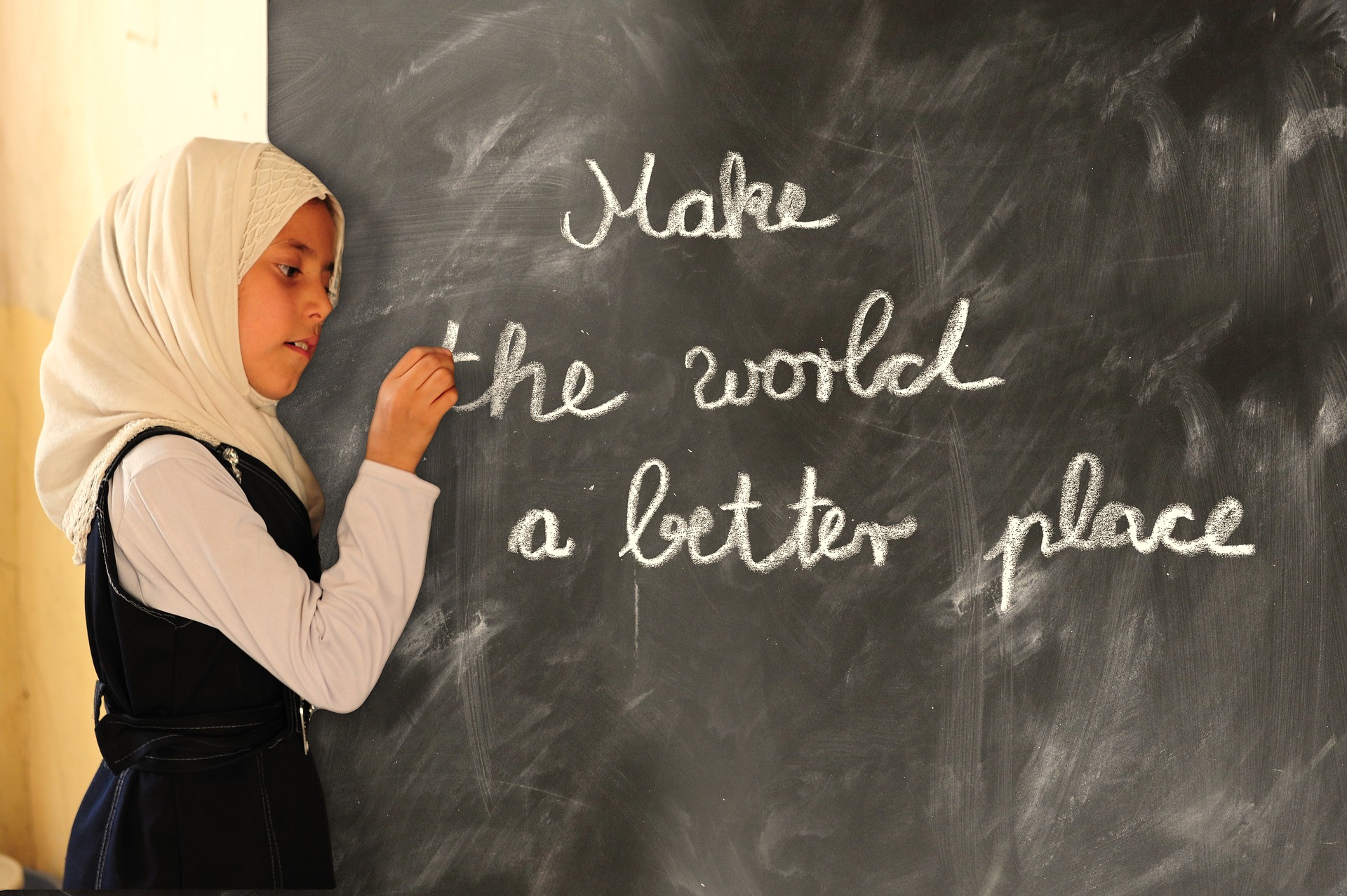Frequently asked questions

Make a difference
What is Little Stories, Big Ideas?
Little Stories, Big Ideas is a literary competition for Secondary School students, where entrants respond to a specific themed prompt in 100 words or less, in any literary style they like.
What type of themes can be expected?
We believe young people have a lot to say about the world in which they live. Little Stories, Big Ideas embraces themes that impact and shape their world, and are topical, relevant, and important. Think: climate change, environmental issues, diversity, respect, acceptance, inclusion, political landscape, asylum seekers and refugees, and more. Writing to a prompt allows entrants to explore and push boundaries with their creativity.
Why the 100 word limit?
(Does not include title.)
Because we believe every writer should be challenged! Don’t be fooled by its minimalistic word count though—micro fiction is not easy to pull off without a bit of practice. You still need characterisation and a plot thread that keeps the reader interested.

Focusing on young people
How often does Little Stories, Big Ideas run?
Four times per year, to coincide with each school term. Submission and closing dates for entries will be advised on the website, our social media pages, and circulated to all who have subscribed to receive email updates.
What is the age range of participants?
We have two categories, one for students in years 7 to 9 and one for students in years 10 to 12. We do this so students compete against similar aged peers.
What is the Local Writers’ Award?
The Local Writers’ Award is open to secondary students in the Franskton and Mornington Peninsula Area
The emotional and educational benefits of creative writing have been celebrated for years. Taking pen to paper – or fingers to keyboard – to tell a story is not just a springboard for a literary work, it’s considered a powerful tool for social, academic, and emotional wellbeing.

We love prizes!
Will prizes be awarded?
Yes! We love prizes! The winning entries from both age categories will all receive prizes from our sponsors, along with a certificate of achievement. At the judge’s discretion, Encouragement Awards will also be distributed to honourably-mentioned entries.
How do we get involved?
Simply share this information with your students or your child, and direct them to any of the Enter Here buttons.
Author VS Pritchett once said, “Writing enlarges the landscape of the mind.” It goes further than that though. When it comes to the benefits of creative writing for kids, especially those who may struggle to express themselves, their thoughts, or feelings, creative writing offers a way to channel their emotions and harness their imaginations into a vehicle of self-expression.

Judges and judging
A judging panel including Rebecca Fraser and Joe Novella will be appointed to judge entries received. As a guide, we look for the following (in no particular order):
1. How imaginatively did the writer weave the theme into the narrative?
2. How well does the entry use narrative devices such as rhyme, metaphor and simile?
3. Is the narrative voice unique?
4. Is the narrative voice strong enough to convey the story?
5. Does the use of dialogue add or subtract from the story – is it authentic?
6. Are the characters in the story imaginable?
7. Does the story inspire the reader to imagine endings, outcomes, lead ups?
8. Does the story inspire the reader to want to know more?
9. Is the story 100 words or less. (Title not included in word count.)
10. Grammar – spelling, punctuation, correct tense?
11. Resonance of the story – does it echo in the reader’s mind after it has been read?